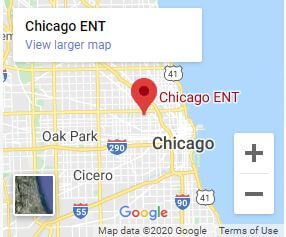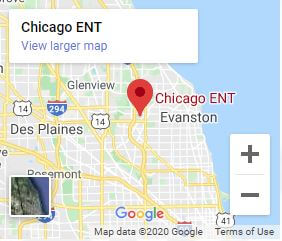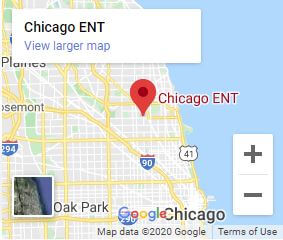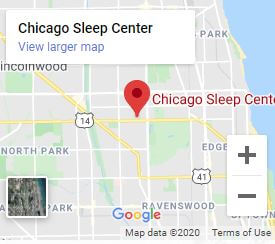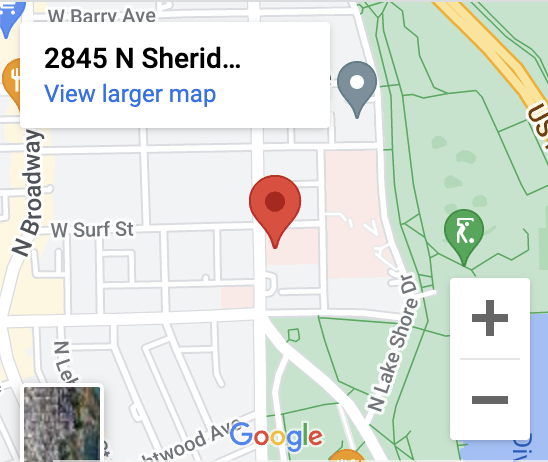Do you experience sleep disturbances regularly that leave you groggy and tired the next day? Sleep problems can negatively impact your mood, productivity, and concentration levels.
They can also increase your risk of certain conditions like stroke, diabetes, depression, and heart attack. If you’re not getting a good night’s sleep, seeing a sleep specialist can determine what’s causing your sleep problems and provide a long-lasting solution.
Keep reading to learn more about sleep specialists and how they can help improve your sleep, well-being, and quality of life.
What is a Sleep Specialist?

A sleep specialist is a physician trained in diagnosing and treating sleep disorders. These sleep disorders include:
- Snoring
- Insomnia, which is difficulty falling or staying asleep
- Parasomnias, like sleepwalking
- Narcolepsy, which is extreme drowsiness during the day that causes you to fall asleep abruptly
- Sleep apnea, which is a sleep disorder that causes you to stop breathing frequently while sleeping
- Sleep motion disorders such as restless legs syndrome, which is an uncontrollable urge to move your legs
- Periodic limb movements of sleep, which are repetitive leg or/arm movements during sleep
Some sleep specialists have specialized training in areas such as respiratory or neurology health.
When to See a Sleep Specialist
If you have any of the following signs, it may be time to see a sleep specialist.
- Struggling to stay or fall asleep
- Nodding off during the day
- A lack of concentration
- Waking up with a headache
- Feeling exhausted during the day despite a full night’s sleep
- Your partner or a family member tells you that you sleep talk or sleepwalk
- Changing your sleep habits and environment doesn’t improve your sleep
- Snoring, gasping for air, or choking during sleep (often noticed by the person sleeping next to you)
How a Sleep Specialist Can Help
Sleep affects all aspects of your body, from mood and energy to blood pressure and weight. If you’re struggling with sleep, then a sleep specialist is likely what you need.
A sleep specialist can be the best investment for your health. They can accurately diagnose if you have a sleep disorder and provide effective treatments and solutions like good sleep hygiene to improve sleep.
You can function at your best with proper treatment and better sleep. You’ll be able to stay safe on the road and at work, focus better, and think more clearly.
Effective treatment of your sleep problem can also reduce your risk for many health conditions, including high blood pressure, obesity, diabetes, stroke, and heart disease.
Sleep Hygiene
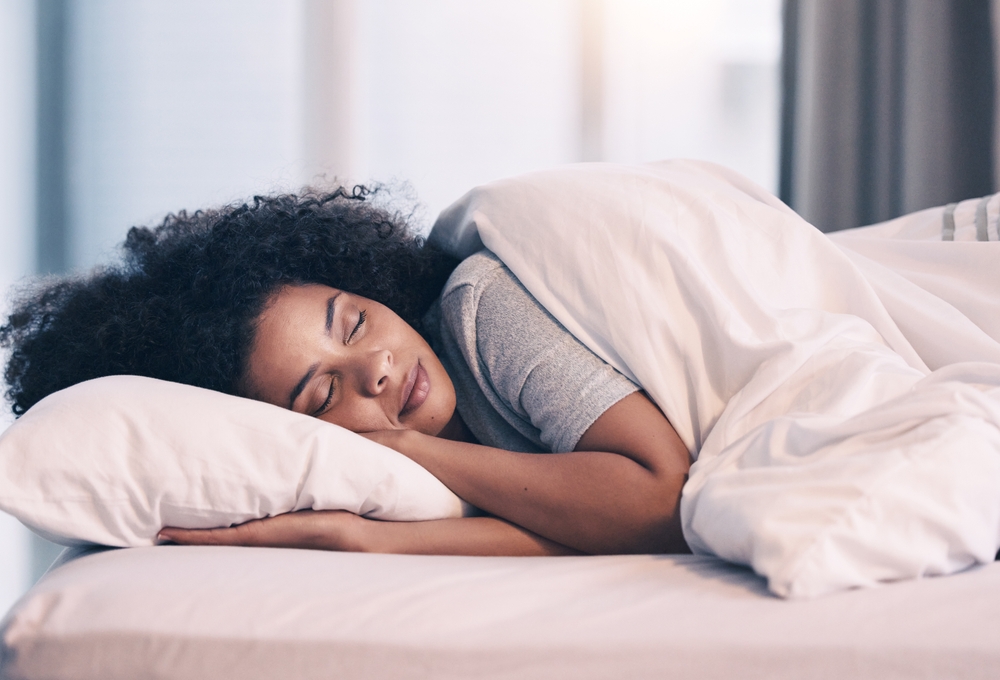
Getting quality sleep is vital for your physical and mental health. A sleep specialist can zero in on the cause of your sleep problems so you can get the sleep you need.
During your visit, you may discuss your sleep hygiene. If it’s an issue, the sleep specialist can help you adjust your environment and sleep schedule to improve your sleep.
Sleep hygiene refers to the behaviors and habits that affect sleep. Poor sleep hygiene can hurt sleep duration and quality and might be responsible for your inability to sleep well.
When that’s the case, practicing healthy sleep hygiene may help you fall asleep faster, remain asleep all through the night, and wake up feeling refreshed. Your sleep specialist can recommend the following changes to alleviate your sleep problems:
- Quitting smoking
- Following a consistent sleep-wake schedule
- Keeping your bedroom quiet, cool, and dark
- Avoiding alcohol before bed
- Having a light meal at night
- Refraining from caffeine late in the day
- Minimizing or removing allergens like pet dander and dust
- Avoiding the use of your smartphone, tablet, or laptop an hour before bedtime
Sleep Study
A sleep specialist will ask about your family and personal health history. You may also undergo a physical exam.
If the specialist suspects you’re at risk of a sleep disorder, they can suggest a sleep study to get answers. A sleep study is a test used to pinpoint the cause and nature of your sleep problem.
Sleep studies are conducted in a sleep lab. Patients are observed overnight while sleeping. You can also perform a sleep study in the comfort of your home using portable equipment.
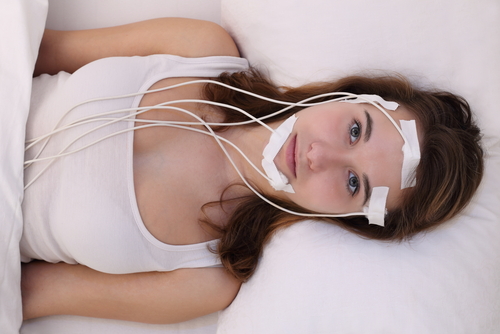
Depending on your assessment, your sleep specialist will determine if you qualify for an at-home sleep study. If so, the sleep specialist will prescribe a device for you.
They may have the equipment delivered to your house with easy-to-follow instructions on how to use it. They may also ask you to collect the device at their office at Chicago ENT.
Your sleep specialist will ask you to keep a sleep diary during the study. The diary will enable your sleep specialist to interpret data collected from the study.
An at-home sleep test can detect blood oxygen levels, breathing, and heart rate changes. It gives a more accurate picture of your sleeping habits, allowing your sleep specialist to make an official diagnosis.
With a proper diagnosis, you can get the treatment you need. For instance, your sleep specialist can recommend a breathing device such as a continuous positive airway pressure (CPAP) machine if you have sleep apnea. A CPAP machine is designed to keep your airway open throughout the night, improving your sleep.
Find a Lasting Solution for Your Sleep Problem
Our expert team of sleep specialists at Chicago ENT can help you achieve restful sleep. Sleeping soundly each night will keep you well-rested, healthier, and feeling your absolute best.
Are you struggling with poor sleep? Schedule your appointment at Chicago ENT at one of our five convenient locations to learn more about our sleep specialists and get the better sleep you need!











